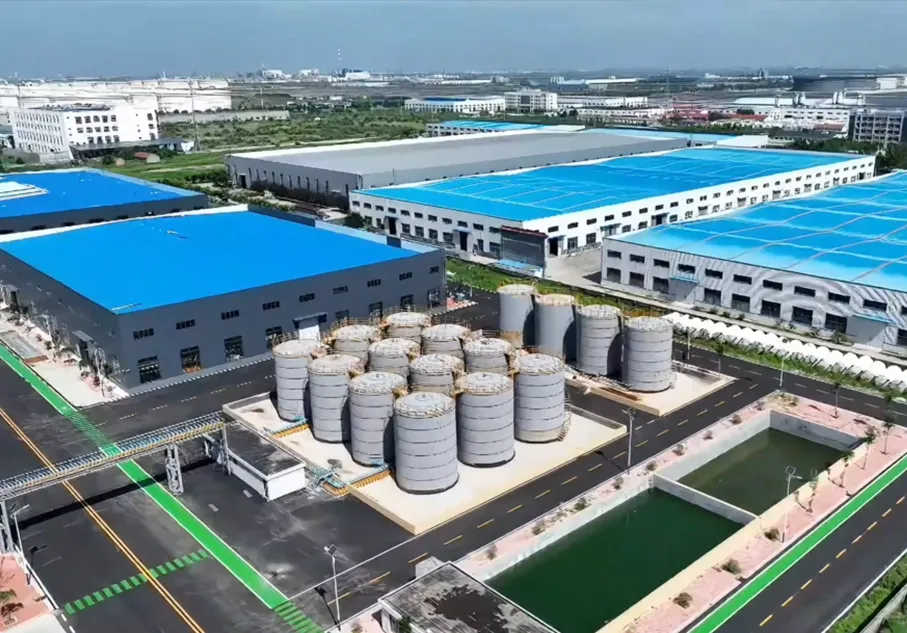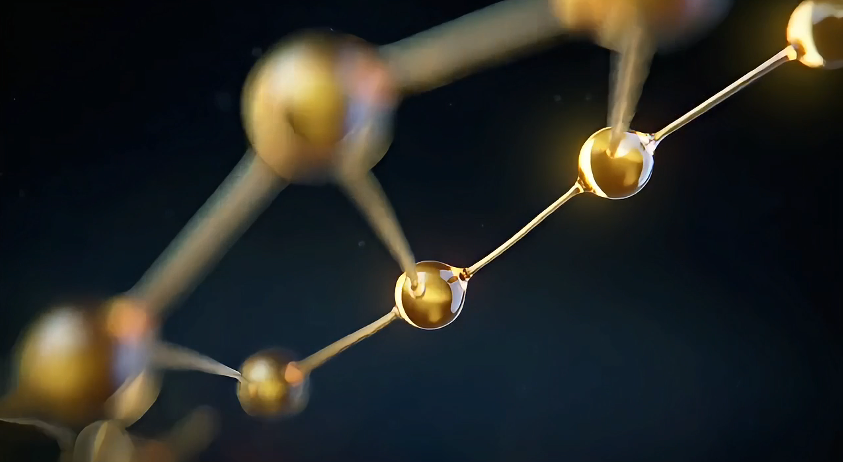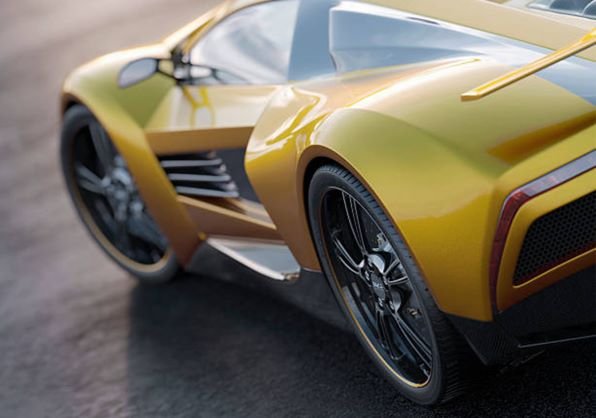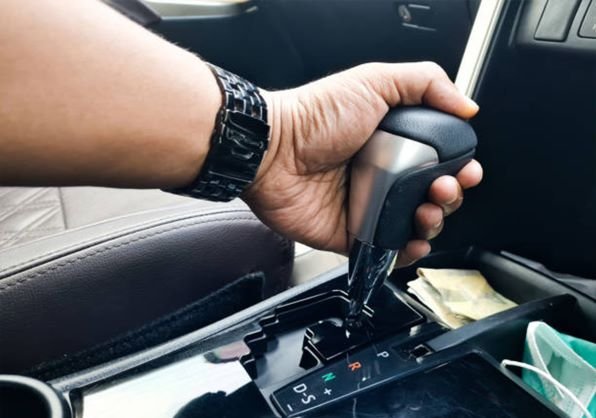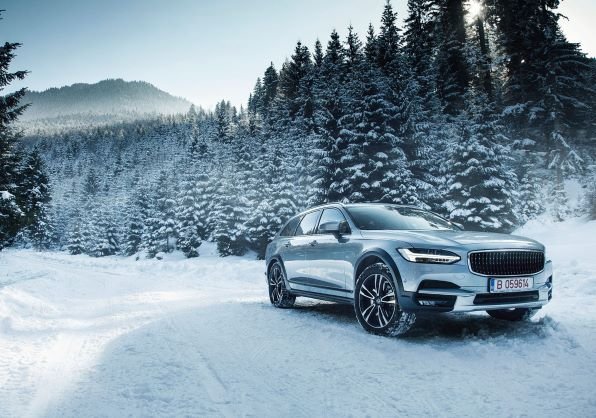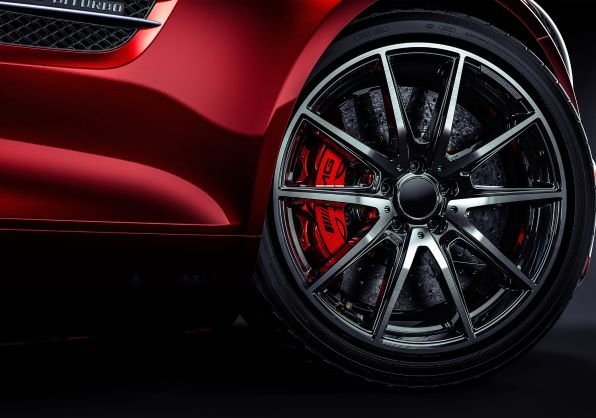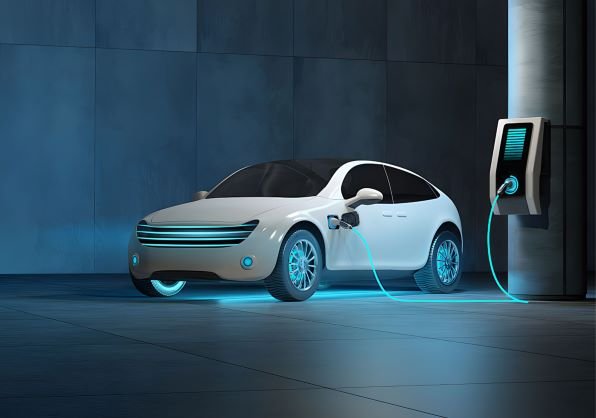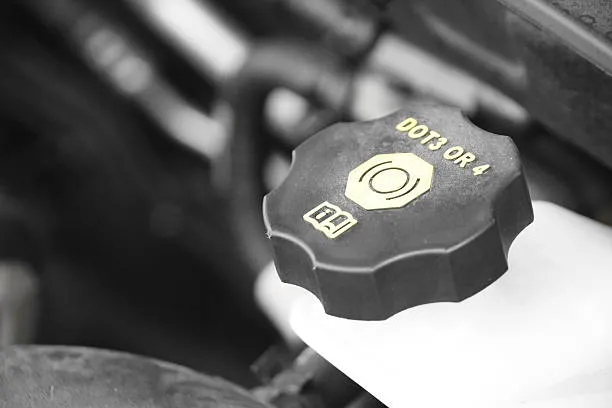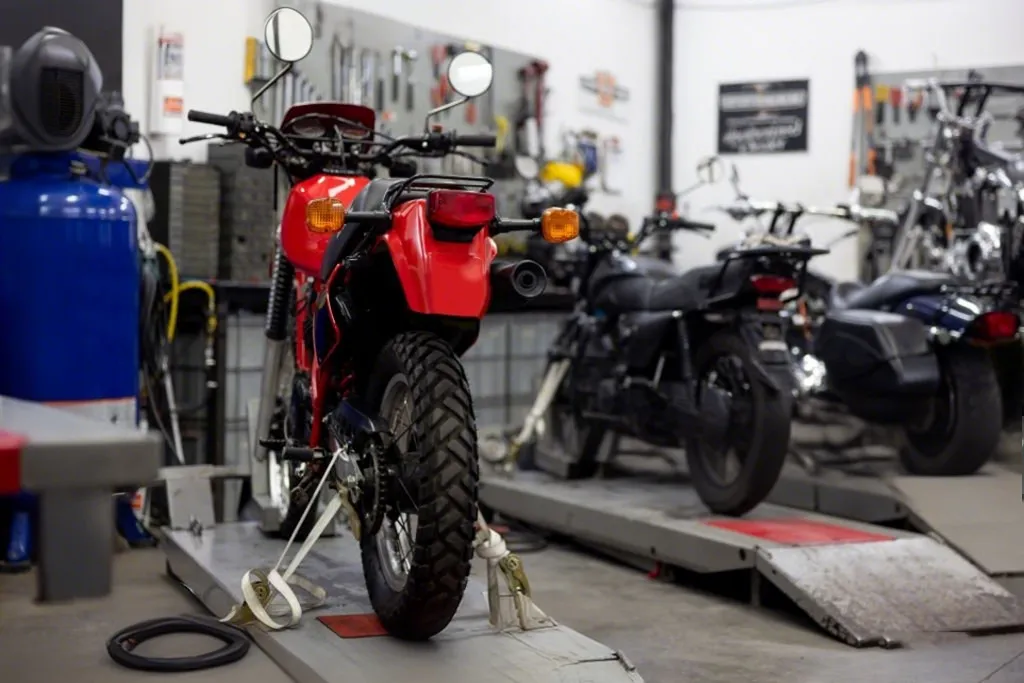You’re cruising down the highway, wind in your hair, tunes blasting, when a nagging thought hits: Does brake fluid evaporate? It’s one of those car maintenance questions that sneaks up on you, especially when you’re wondering why your brakes feel a bit… off. Brake fluid is the unsung hero of your vehicle’s braking system, transferring the force of your foot on the pedal to the wheels. But does it just vanish into thin air like some automotive ghost? Let’s dive into the nitty-gritty of 制动液, why it matters, and when you should swap it out for fresh stuff.
What’s the Deal with Brake Fluid Anyway?
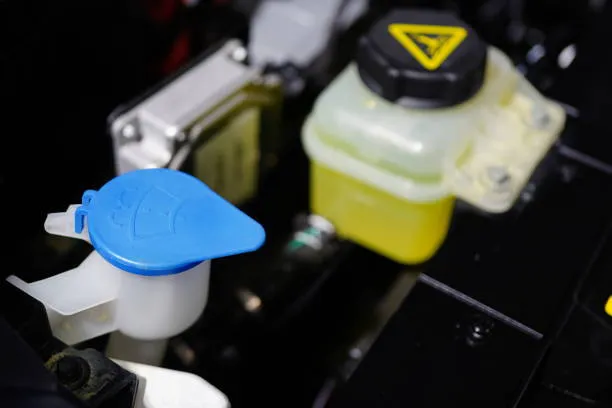
Brake fluid is a hydraulic fluid that lives in your car’s braking system, making sure the pressure you apply to the pedal gets to the brakes. It’s not just sitting there looking pretty—it’s working hard under high pressure and crazy temperatures. But here’s the kicker: 制动液 is hygroscopic, meaning it loves to suck up moisture from the air. Over time, this can mess with its performance, making your brakes feel spongy or, worse, less responsive. So, while you’re wondering can brake fluid evaporate, the real question is how water and heat affect it.
What’s the Deal with Brake Fluid Anyway?

Brake fluid is a hydraulic fluid that lives in your car’s braking system, making sure the pressure you apply to the pedal gets to the brakes. It’s not just sitting there looking pretty—it’s working hard under high pressure and crazy temperatures. But here’s the kicker: 制动液 is hygroscopic, meaning it loves to suck up moisture from the air. Over time, this can mess with its performance, making your brakes feel spongy or, worse, less responsive. So, while you’re wondering can brake fluid evaporate, the real question is how water and heat affect it.
Does Brake Fluid Evaporate or Not?
Let’s cut to the chase: does brake fluid evaporate? Nope, it doesn’t—at least not in the way you might think. Brake fluid, like DOT 3 or DOT 4 (common types for most cars, including your Hyundai brake fluid), is designed to stay put in a sealed system. It’s not like water in a puddle that just disappears on a sunny day. However, if there’s a leak or the reservoir cap isn’t sealed tight, you might lose some fluid, which could make it seem like it’s “evaporating.” But that’s not evaporation—that’s a problem you need to fix, pronto.
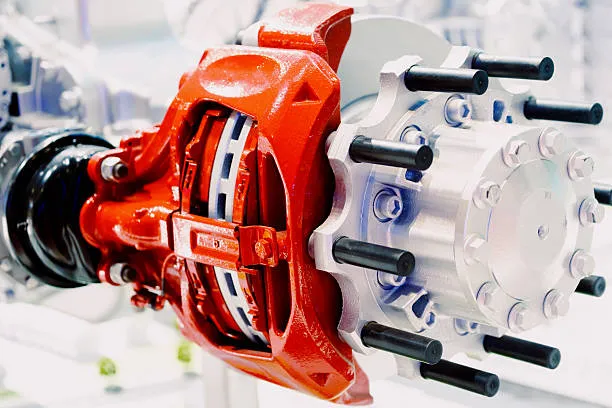
Can Brake Fluid Freeze or Boil? The Temperature Troubles
While we’re debunking myths, let’s tackle can brake fluid freeze 和 what happens if brake fluid boils. Brake fluid doesn’t freeze easily—its brake fluid freeze point is super low, often below -40°F for DOT 3 或 DOT 4. So unless you’re driving in an Arctic blizzard, brake fluid freeze point isn’t something to lose sleep over. But boiling? That’s a real concern. When 制动液 absorbs water, its boiling point drops. If brake fluid boils, you could lose braking power. That’s why high temperature brake fluid 喜欢 DOT 4 or DOT 5.1 is a game-changer for performance cars or heavy-duty driving.
For this section, a comparison chart of DOT 3, DOT 4, and DOT 5.1 boiling points would be perfect. Caption it: “Choose the right 制动液 for your driving conditions.”

Why Is My Brake Fluid Green? Should I Be Worried?
Ever popped the hood and thought, why is my brake fluid green? Don’t panic—it’s not alien goo. Some brake fluids, especially those used in certain Hyundai brake fluid formulations, can have a greenish tint when fresh. Over time, though, that color might turn darker or murky as it picks up contaminants or moisture. If it’s looking more like swamp water than limeade, it’s probably time to ask, how do you know when to change brake fluid? Dark, cloudy fluid or a low level in the reservoir are big red flags.
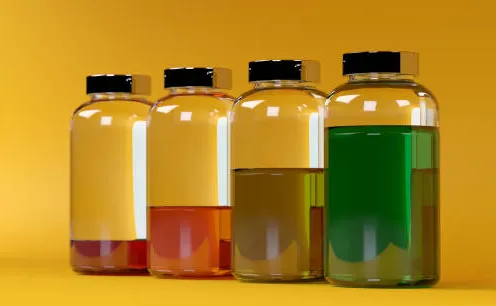
When Should You Change Your Brake Fluid?
那么 how do you know when to change brake fluid?大多数专家,包括 现代制动液指南建议每 2-3 年或每行驶 30,000 英里冲洗和更换一次,以先到者为准。但这不仅仅与里程数有关。如果您的刹车感觉松软,踏板下沉过多,或者您注意到绿色的液体看起来很不正常,那就是时候了。制动液中的水分会降低其沸点,从而导致 制动液沸腾 这是谁都不想看到的。定期检查,尤其是经常在潮湿的气候条件下驾驶时,可以避免昂贵的维修费用。

不要忽视刹车:保持行车安全
汽车的制动系统可不是闹着玩的--它是防止您的现代汽车无意中变成撞车的关键。虽然 can brake fluid evaporate 但真正的问题是保持新鲜和不受潮。定期维护,如检查 制动液 并每隔几年更换一次,确保您的刹车系统保持敏锐。储液罐中有奇怪的颜色或踏板发软?别等了,快去检查吧。您的爱车(和您的神经)会感谢您的。




